Costco's gold bars, Starbucks' quieter shops, and Nike's Olympic hopes: Retail news roundup
Plus, Buffalo Wild Wings leans on its delivery business, and Target plans to introduce new self-checkout tech
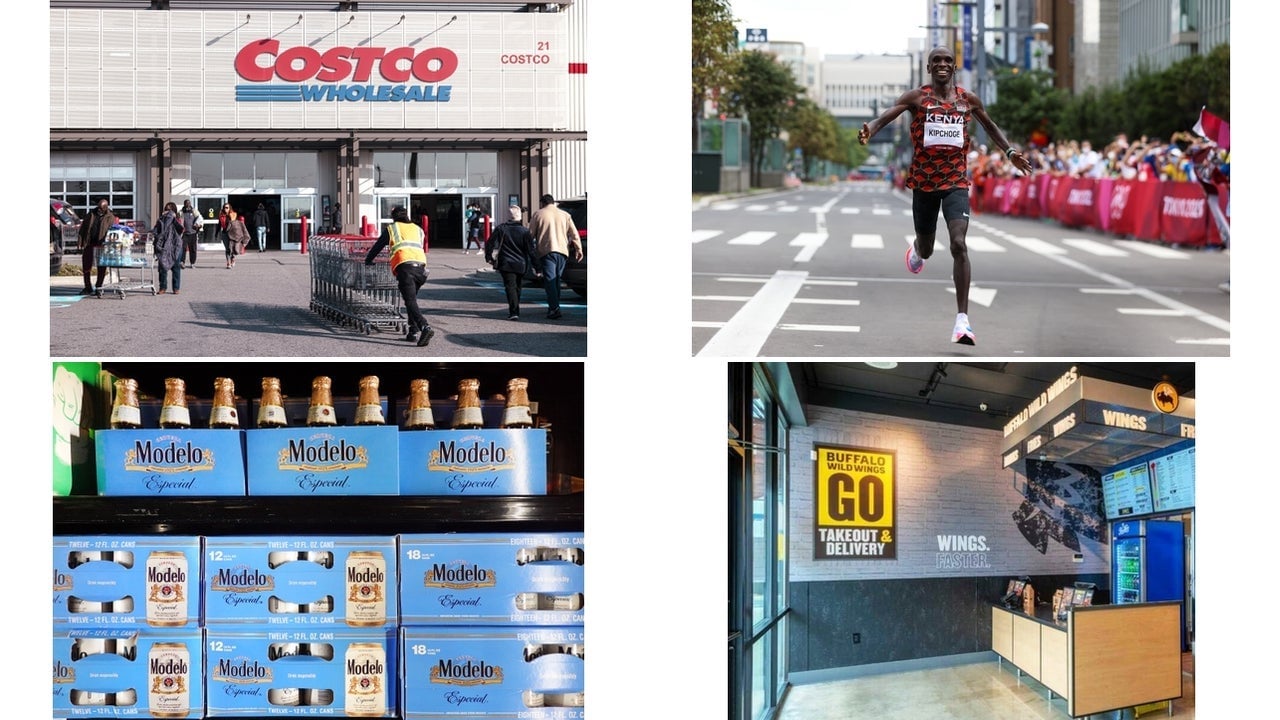
Costco is making $200 million a month on gold bars. Nike says it can turnaround its lackluster sales during the Summer Olympic. 99 Cents Only Stores are closing for good.
Meanwhile, Buffalo Wild Wings plans to make more of its Go locations to keep up with delivery demand, and Target is deploying new tech for its self-checkout kiosks to deter theft.
Here’s the week’s roundup of retail news.
2 / 18
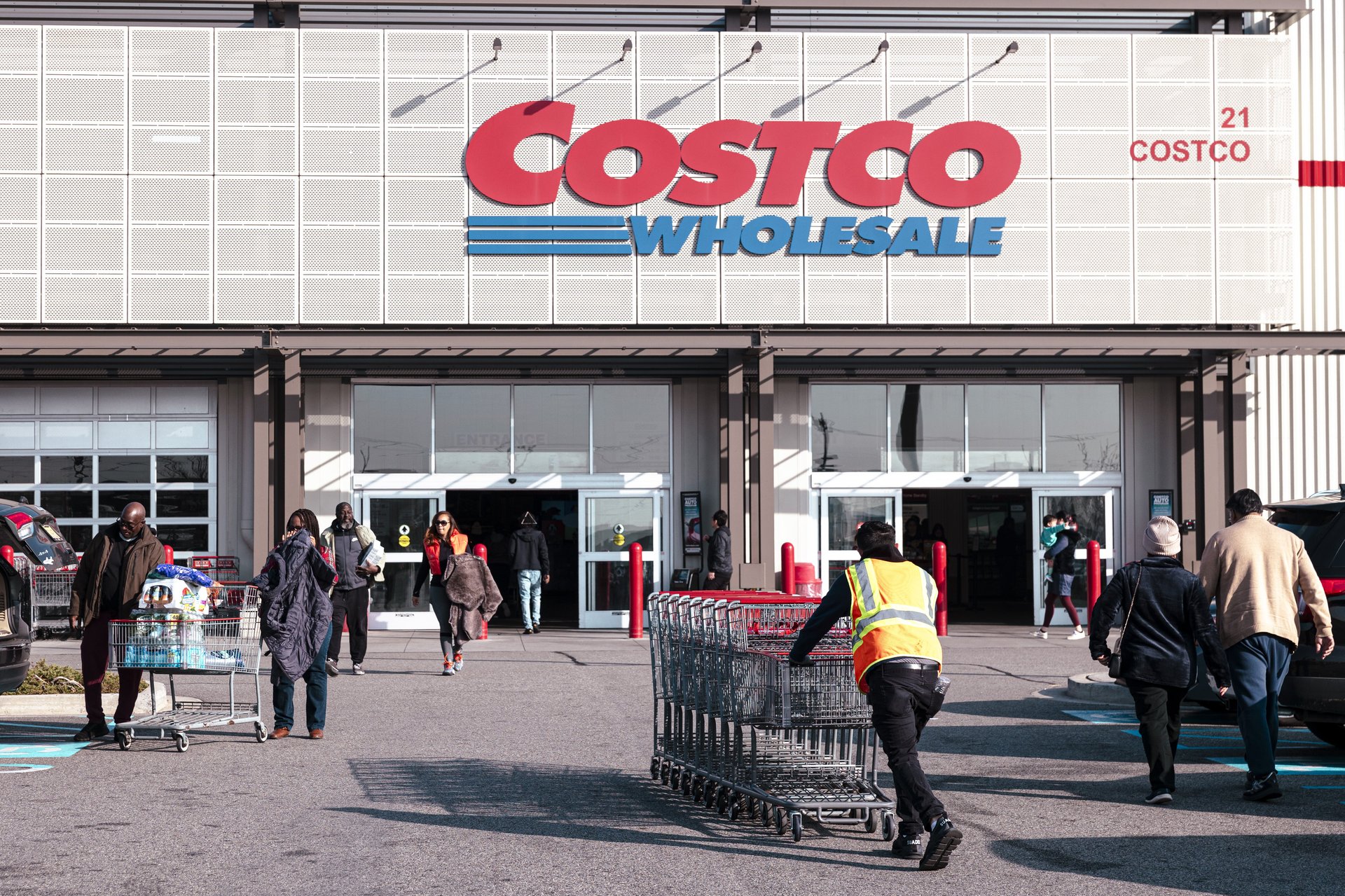
Costco has a new treasure chest, and it’s filled with gold plates. The wholesale membership chain is generating millions in additional revenue since it started selling the metal bars in September 2023.
3 / 18

Nike is betting it can get a handle on its slipping sales during the 2024 Summer Olympics in Paris. The apparel giant plans to provide attire for Olympians in the U.S., Canada, Kenya, China, and Korea.
4 / 18
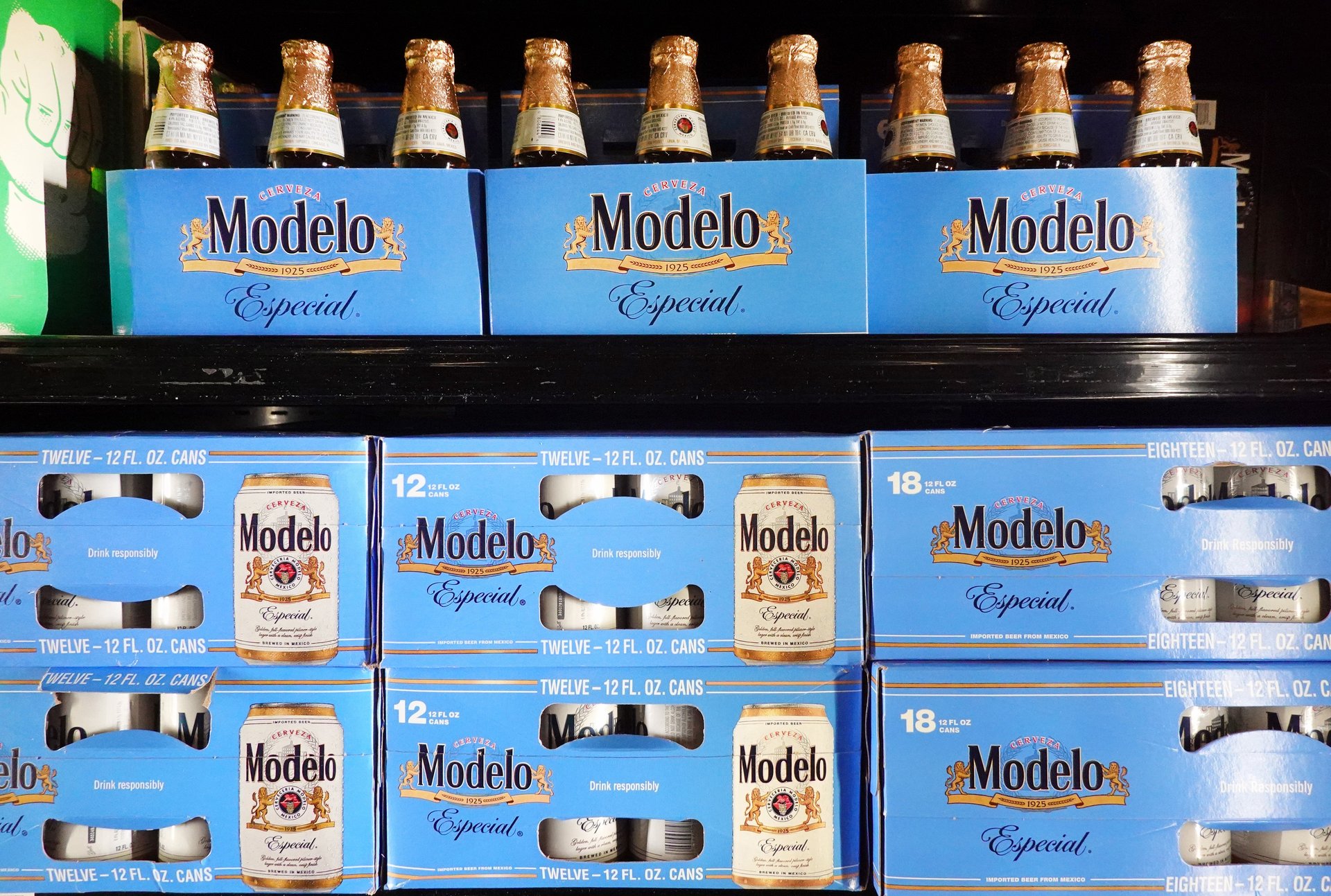
Consumers are looking to lift their spirits and they’ve been leaning on beer to do that. Constellation brands, which produces beer, wine, and spirits lifted its fiscal 2025 outlook after it saw sales grow in its beer category.
5 / 18
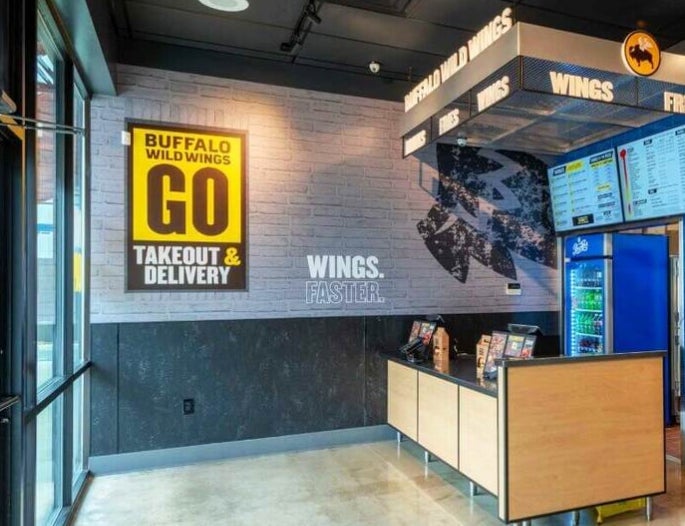
Chicken wings may taste better with less noise and the occasional beer spill. Which may be why Buffalo Wild Wings is focusing on its Go business. The chain plans to open 50 this year after it said that a third of its revenue came from the smaller shops.
6 / 18
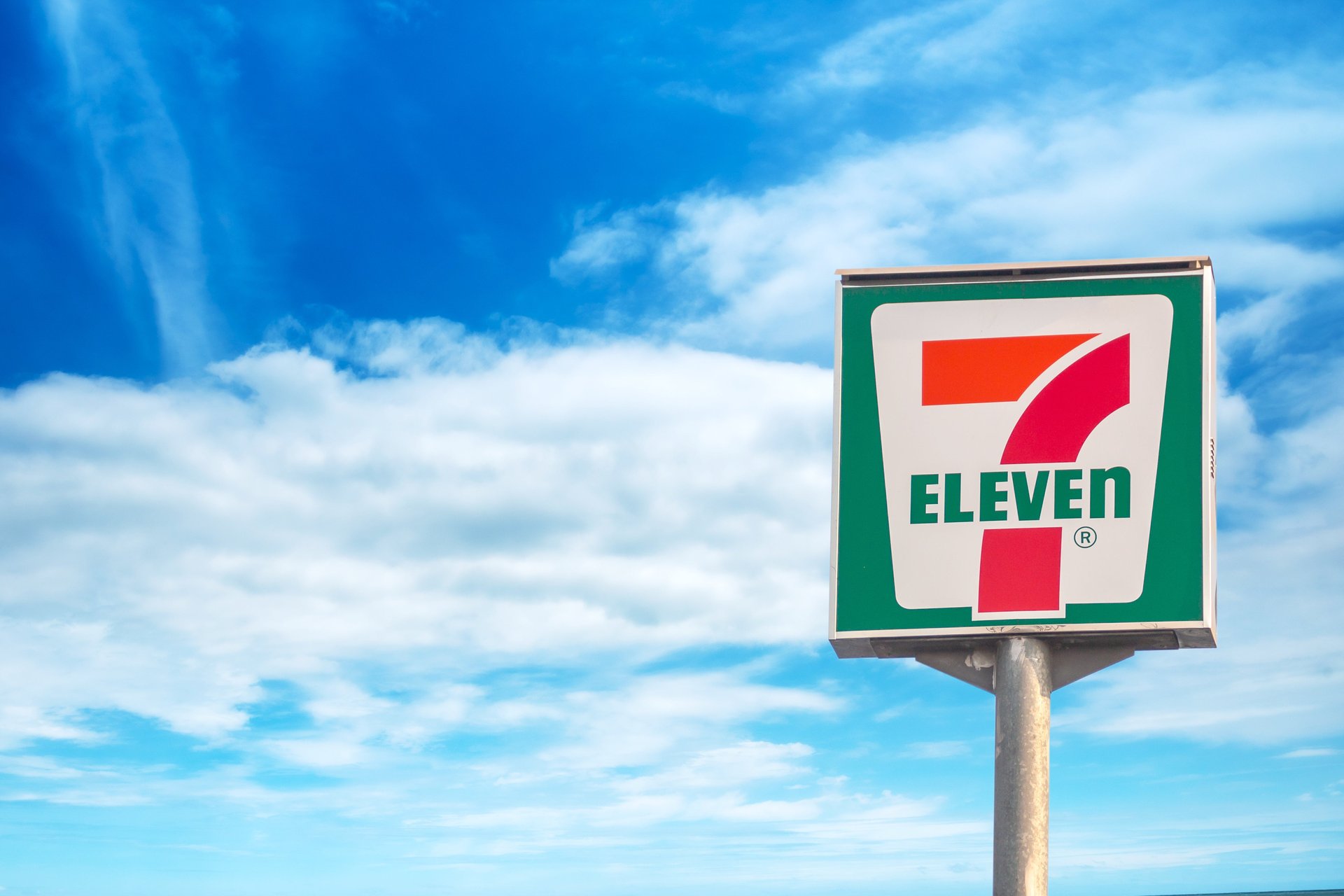
7-Eleven’s parent company Seven & i Holdings is thinking about IPO-ing its superstore business with the goal to grow its convenience store segment. There’s been mounting pressure from investors too, who still plan to hold a majority stake in the spinoff company once it is listed.
7 / 18
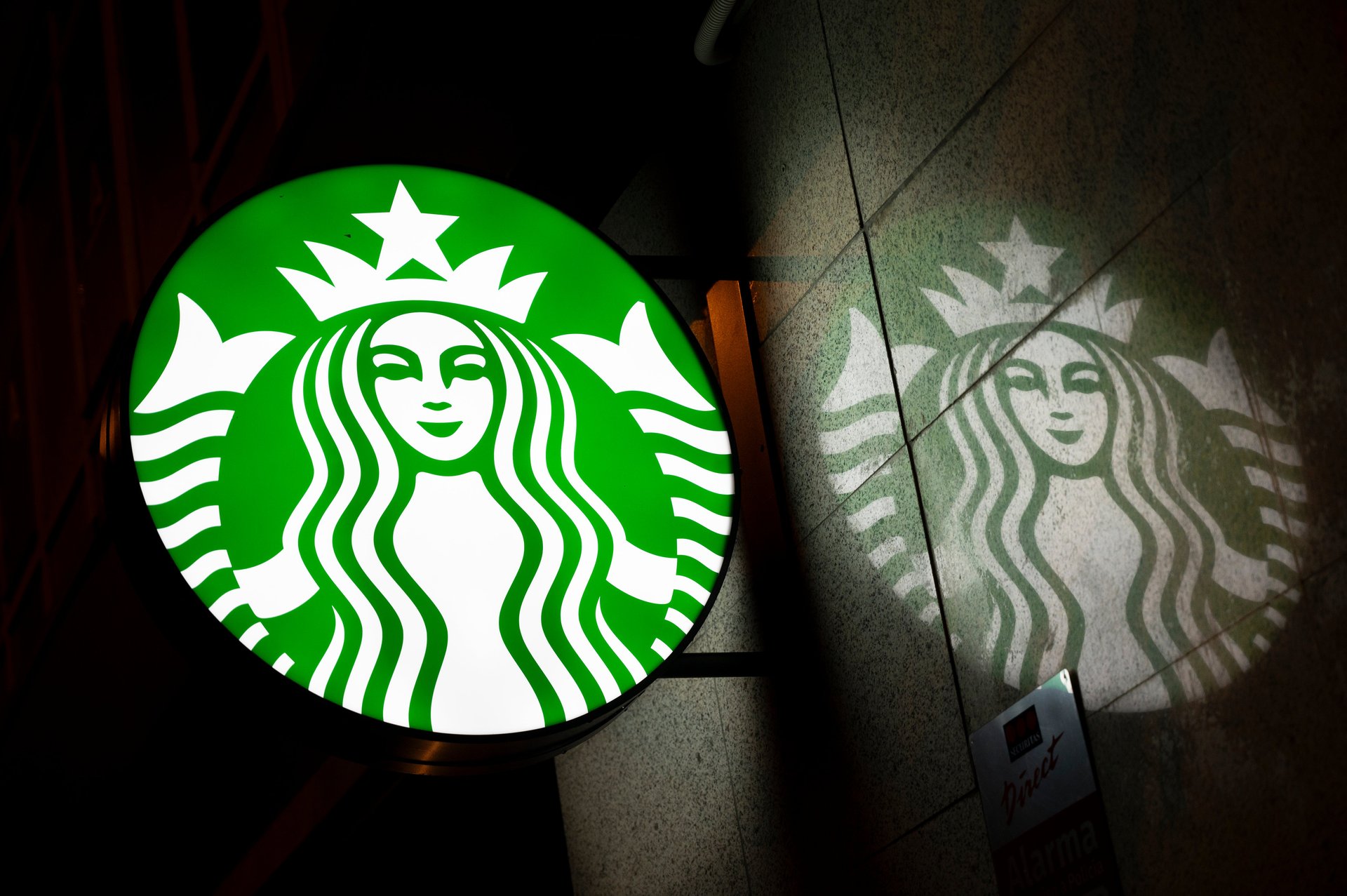
Starbucks says it can get your order and name right, without shouting. The coffee giant is opening and redesigning hundreds of stores to better accommodate customers, including those that may have hearing loss.
8 / 18
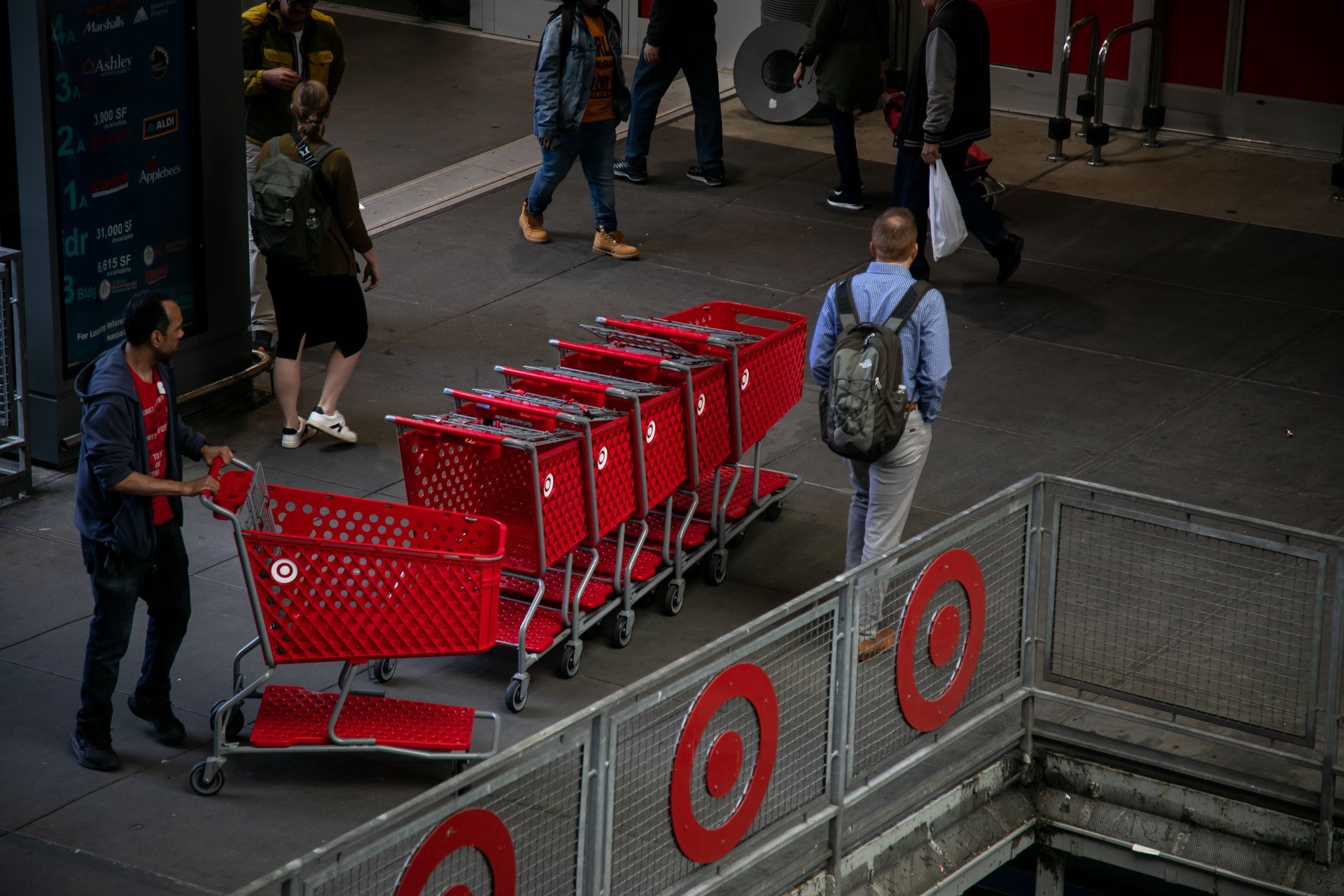
Target is taking some decisive actions with new technology at its self-checkout kiosks. The retailer is looking to get a hold of theft across its U.S. stores. It plans to deploy the fresh tech this year.
9 / 18
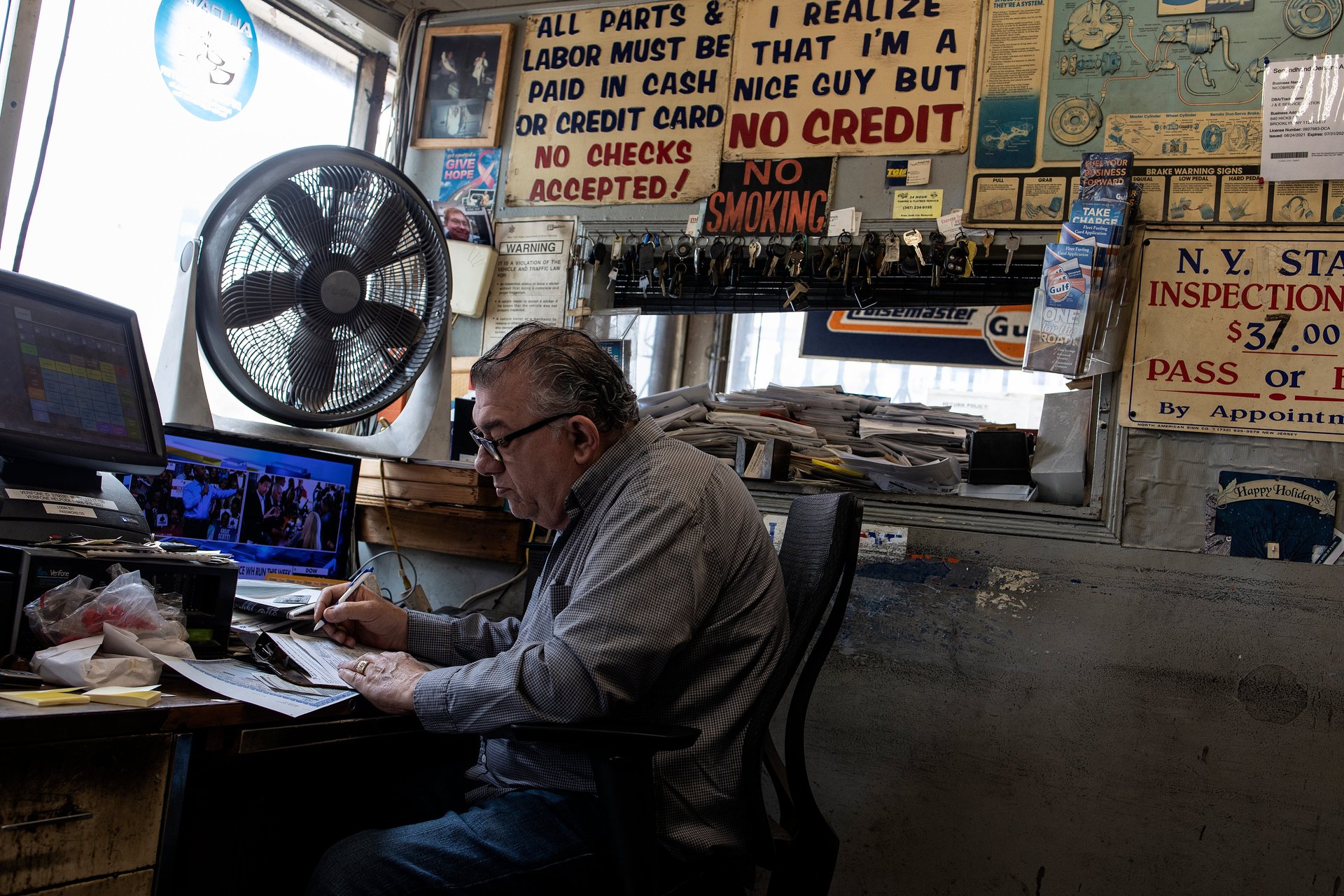
Small business owners in the U.S. are feeling less optimistic. The culprint? Stubborn inflation.
10 / 18
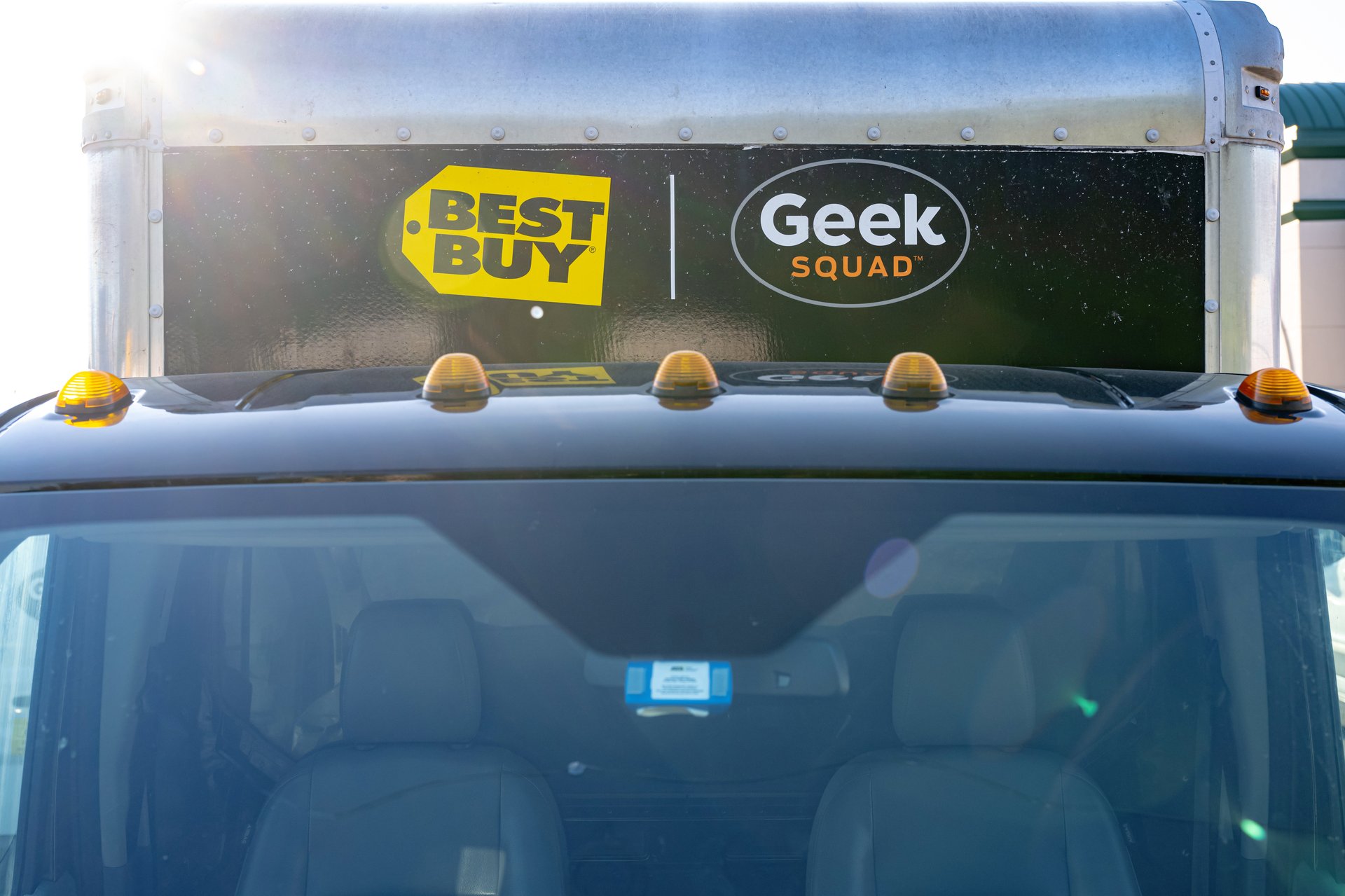
Best Buy is standing on its promise that it would reduce its workforce. The electronics giant has reportedly laid off hundreds of its Geek Squad workers.
11 / 18
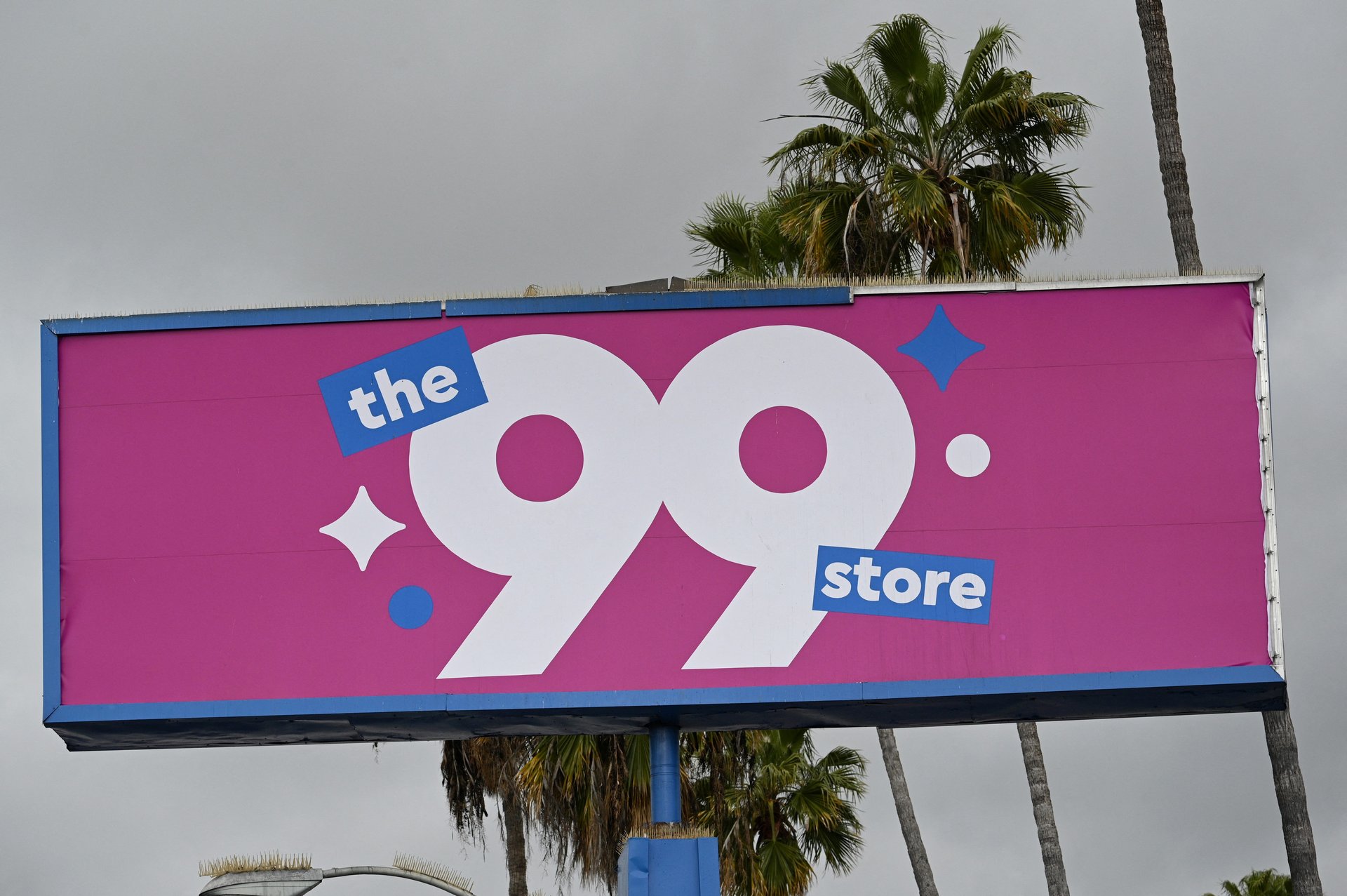
99 Cents Only Stores will soon be just a memory. The deep discount retailer has filed for Chapter 11 bankruptcy protection.
12 / 18
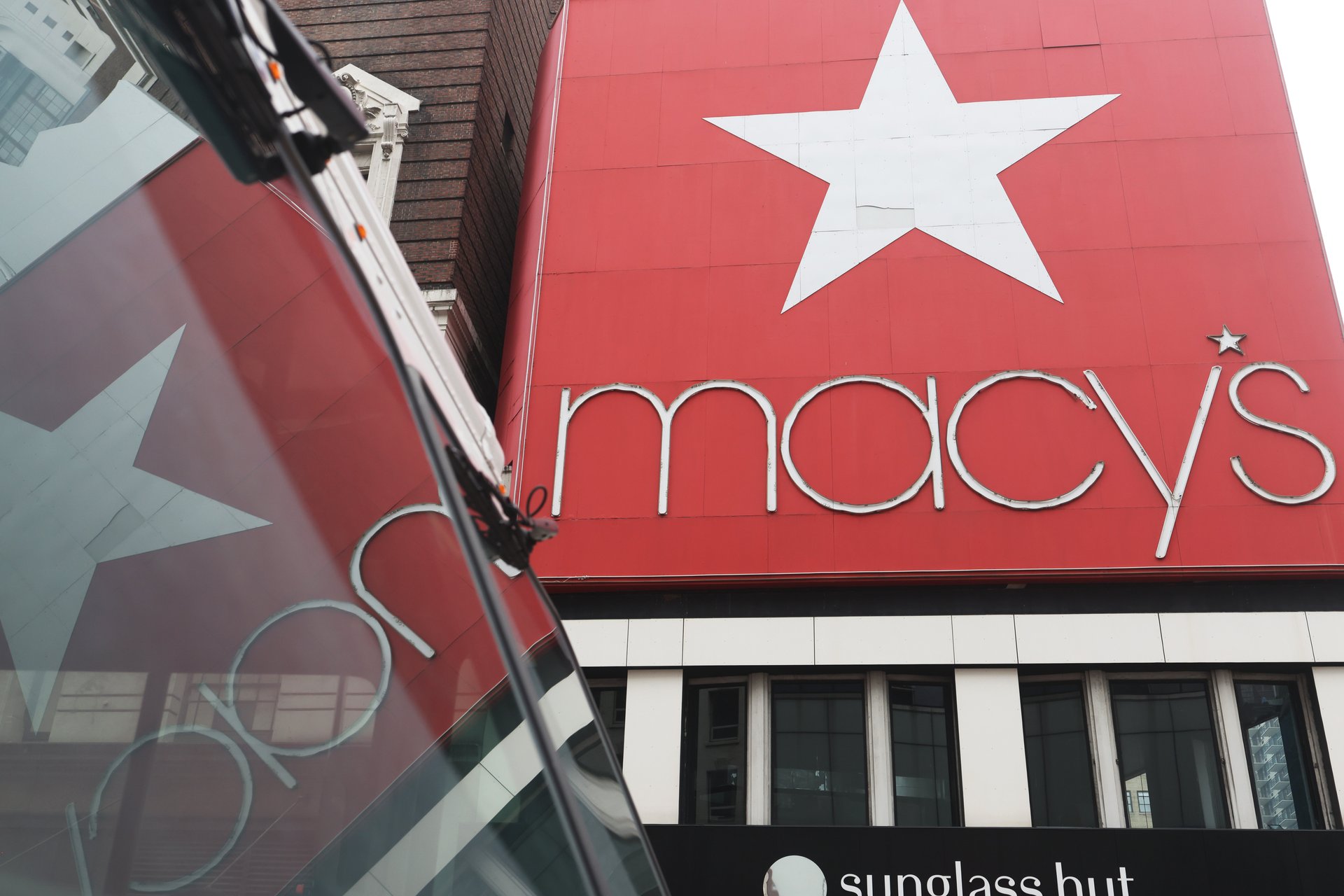
Macy’s has ended its proxy battle with Arkhouse Management and Brigade Capital Management after refusing their proposed takeover bids to acquire the 166-year-old department store giant.
13 / 18
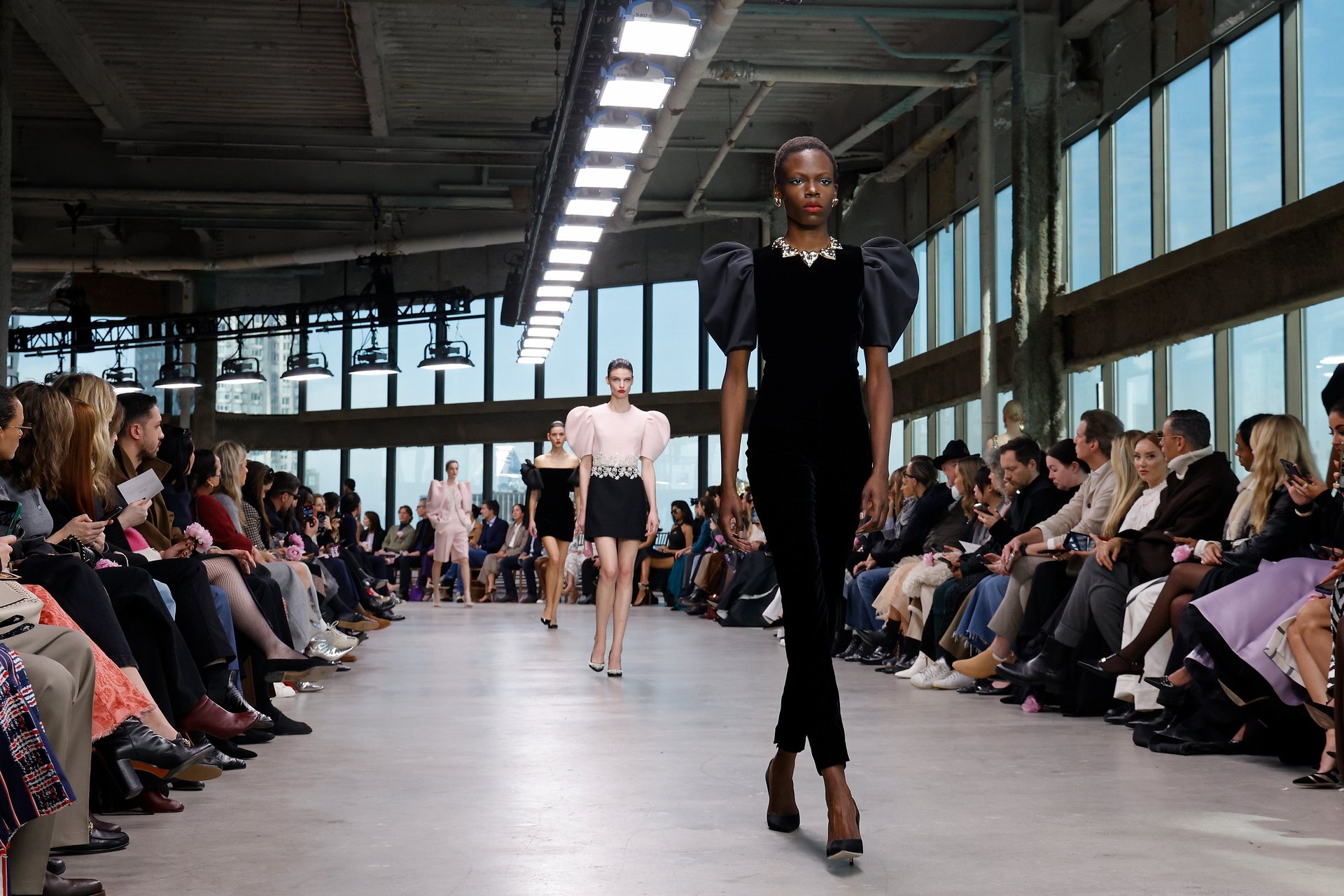
Fashion conglomerate Puig Brands is planning to hoist billions of its shares on the public market, making it the biggest IPO in the world this year. Puig said it aims to raise €1.25 billion, or about $1.35 billion, in an initial funding round.
14 / 18

Target wants to keep up with its retail competitors Amazon and Walmart. The department store company launched its bargain-filled Circle Week. It simultaneously launched its paid membership program, Target Circle 360.
15 / 18
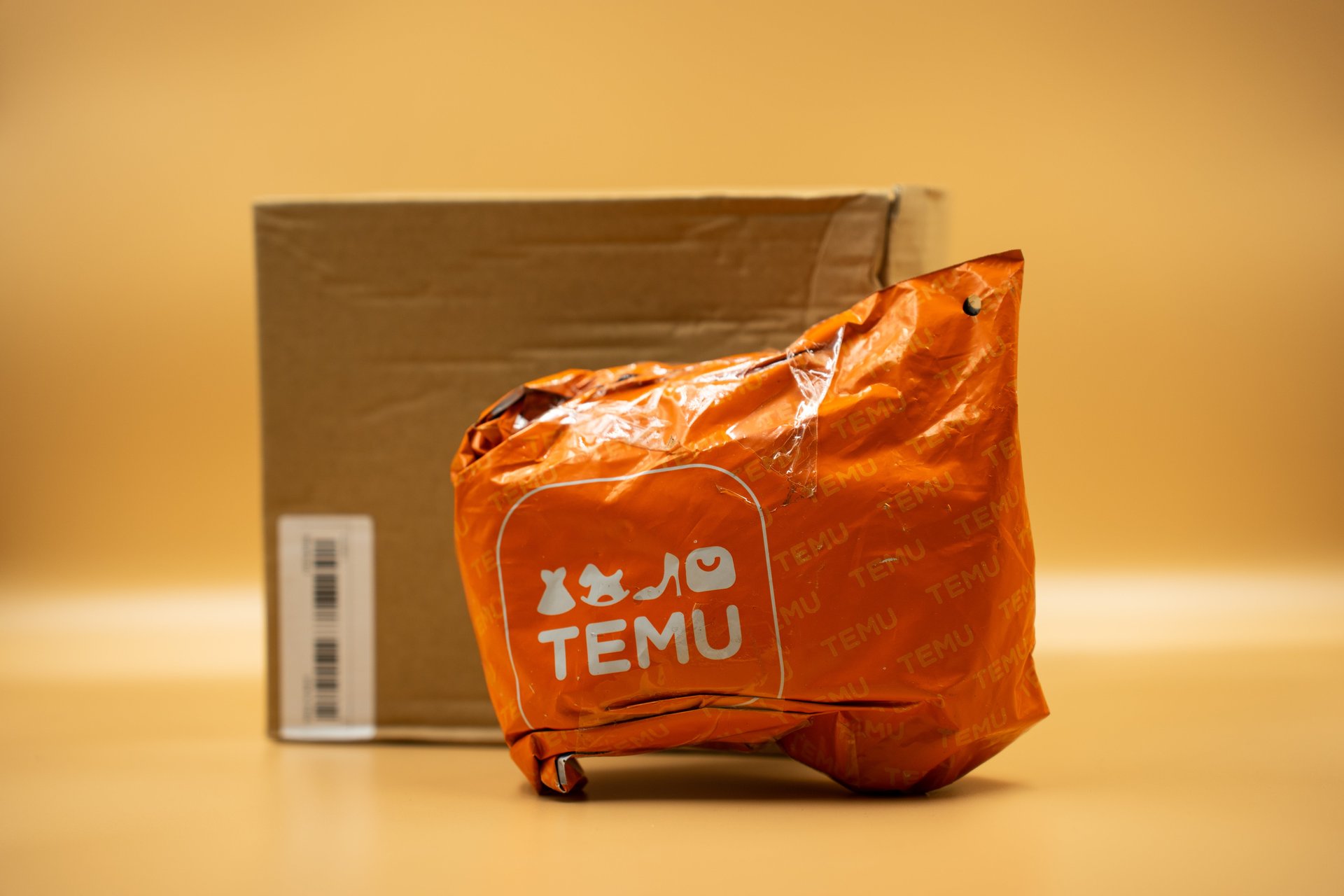
Temu wants to be stiffer competition for Amazon. The online mega store plans to reduce its reliance on warehouses in China with a new strategy.
16 / 18

Sandwich creator Jersey Mike’s Subs is considering selling its business to financial services firm Blackstone. The potential deal could mean the sub maker would be valued at $8 billion.
17 / 18
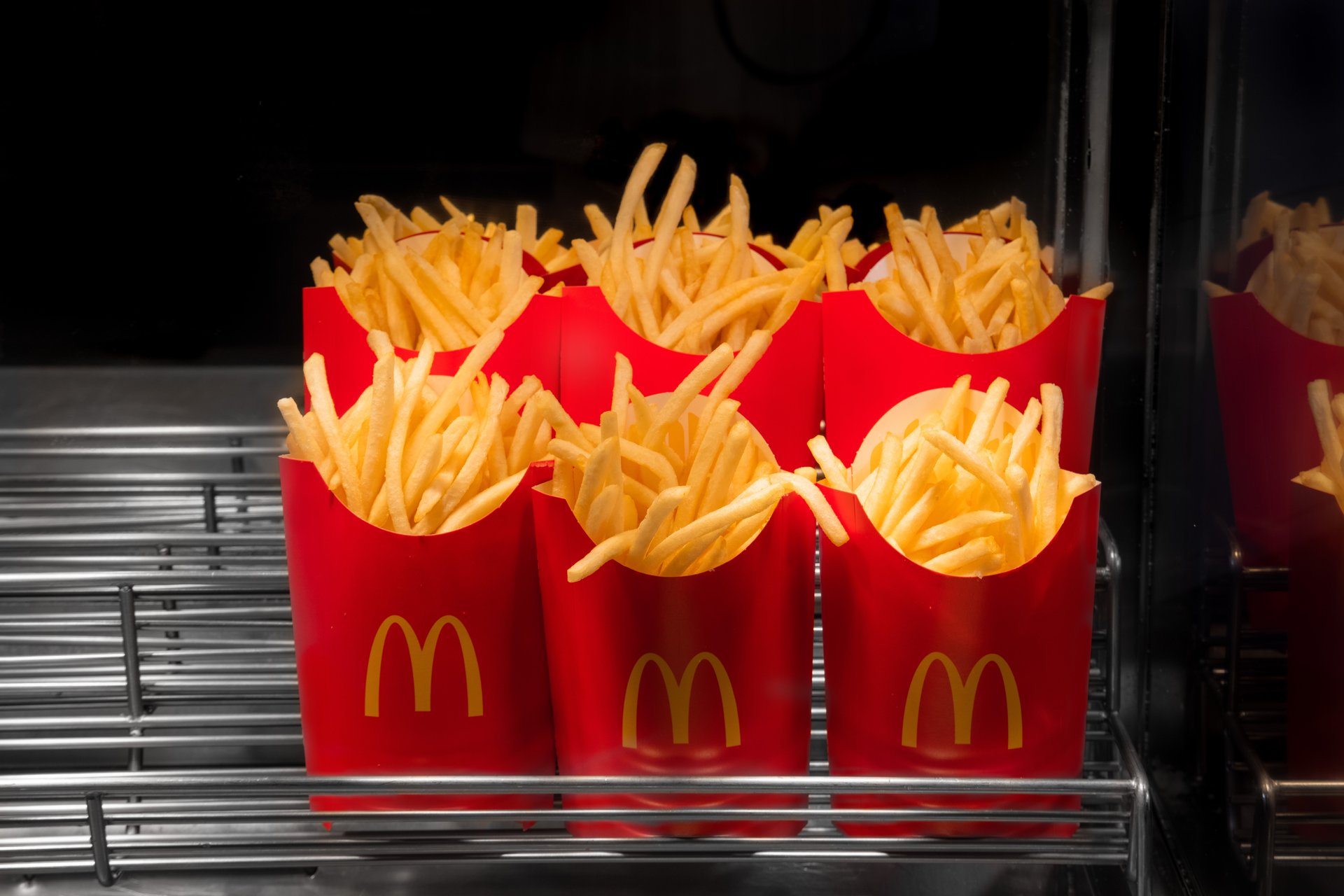
California’s new $20 minimum wage hike could impact prices at fast food chains such as McDonald’s and Chipotle. The 25% pay hike applies to fast food restaurants that have more than 60 locations across the U.S.
18 / 18
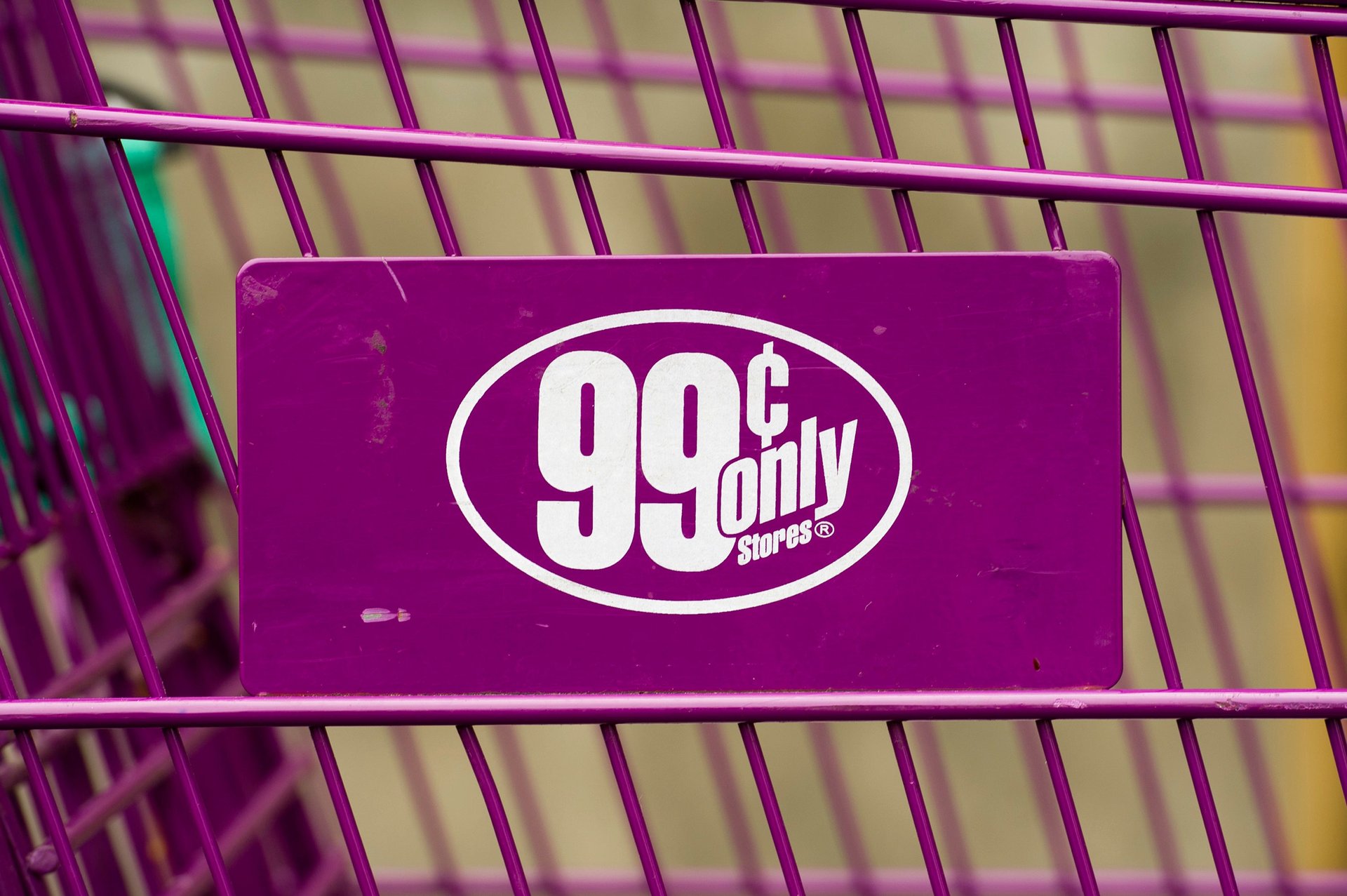
99 Cents Only Stores is closing down its 371 locations after it could not find a solution that would allow it to continue operating. The steep discount store said the decision was in part due to the COVID-19 pandemic, shifting consumer demand, and persistent inflationary pressures.